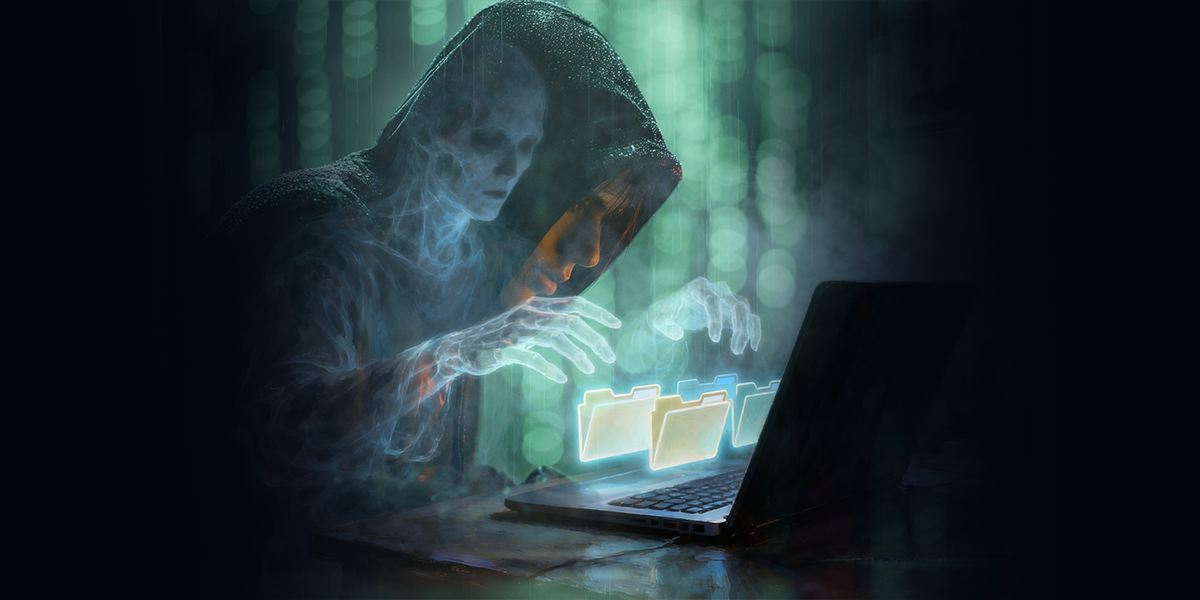Computer users are being warned that the number of websites distributing fake antivirus software is on the increase.
Despite a record number of sites were closed down by authorities in the US last year for distributing so-called “scareware”, experts have warned that the growth in the number of websites distributing malicious programs disguised as legitimate software poses a major threat to both home and business PC users.
The malicious sites often entice users into downloading what appears to be legitimate software that claims to remove adware, spyware and other forms of malware from a user’s PC. Any user who downloads the software then finds that they are exposed to further security risks.
Matthew Woolley, chairman of the Independent Trade Association of Computer Specialists, which represents independent computer retail and repair shops across Britain, said hackers were playing on people’s fear.
“At my repair shop in Lincoln alone, we’ve had more than 300 users in the past six months come in with a computer infected with fake anti-virus software,” he told the BBC.
“This week, we’ve seen fake anti-virus that was so good, one of my engineers was convinced that it was the real thing,” said Mr Woolley.
“If we can’t tell, what hope is there for Joe Public?”
The strategy is just one of a number of new tactics being used by hackers and scammers to lure would-be victims.
In early February, 2009, hackers put fake parking tickets on cars with a web link directing them to “view pictures with information about your parking violation” that then downloaded a Trojan to then prompt the user to install fake anti-virus software.
And last weekend, a Facebook application that spread virally among users caused an error message for Facebook users.
The advice for users is to only buy antivirus software from reputable sources. Always purchase software directly from the manufacturer’s own website or a trusted software reseller, rather than pop-up messages.








